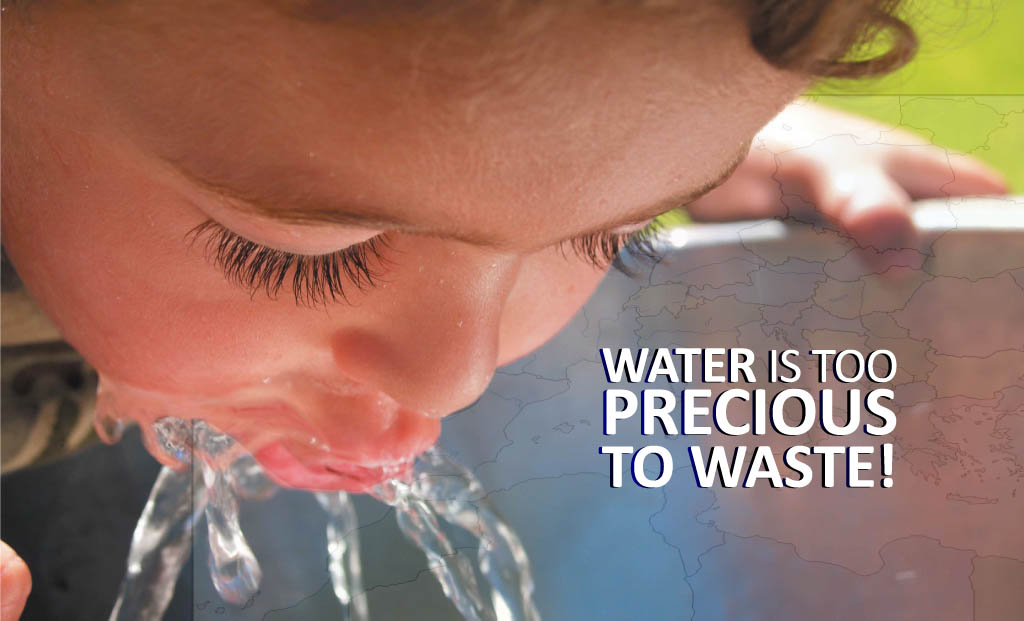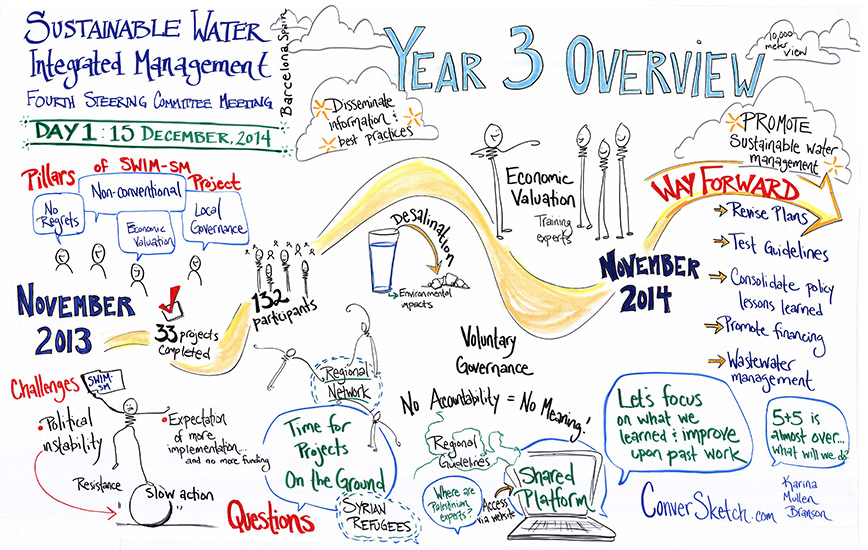Legal and institutional capacities are known to be key success factors for prosecution of violators of environment and water legislations and therefore to enhance water governance and IWRM implementation.
This document assesses and provides guidelines on the institutional and legislative capacities needed for the prosecution of non-compliance with water legislation in the three countries. French and English/Welsh’s systems are also described in order to provide a general overview on how some countries have improved their systems and procedures in these matters.
The adequacy of the selected countries current water and environmental legislations has been assessed in terms of their compliance and enforcement, including a short analysis of the suitability of structure, content, integrity, acceptability and techno-economic feasibility for compliance and enforcement.
Moreover, the assessment also includes an examination of the existing institutional and judiciary capacities to appropriately put on trial cases of water violations and the identification of the main achievements, gaps, constraints, challenges and opportunities available to prosecute and adjudicate cases of non conformity (systems, mechanisms, legal procedures, trained prosecutors and judges responsible for water and environment, etc.). Based on the outcomes of the assessment, specific recommendations have been formulated for each country on measures needed to develop adequate institutional and legislative capacities for the appropriate prosecution of noncompliance and enforce water and legislations. Finally, guidelines catered for South Mediterranean countries have been developed on measures and policy options they could implement to gradually develop their capacities in these matters, such as amendments in water and environmental legislations, set-up of institutional structures and legal procedures for the judiciary system to address violations, capacity development needed for prosecutors and judges, operational systems and mechanisms for systematic enforcement of legislations, basic rules in assessing sanctions that commensurate with degree of violation, etc.
The structure of the report is composed of the 5 following chapters:
- The first chapter consists of a review of best practices in prosecuting violators of water legislation in France, England and Wales.
- The second chapter assesses the adequacy of the currently existing water legislation in terms of their compliance and enforcement in the three selected countries.
- The third chapter examines their current institutional and judiciary capacities (systems, procedures, mechanisms, prosecutors and judges responsible for water and environment, etc.) to handle cases of water and/or environment violations.
- The fourth chapter sets out recommendations and advices on procedures, institutional and legislative capacities needed for the prosecution of non-compliance with water and environment legislations.
- The fifth chapter sets out a regional guideline foreseeing a set of recommendations and advices for the establishment of adequate water and environment prosecution systems and magistrates as part of the national judiciary systems in the South Mediterranean countries.
To download the report click here




